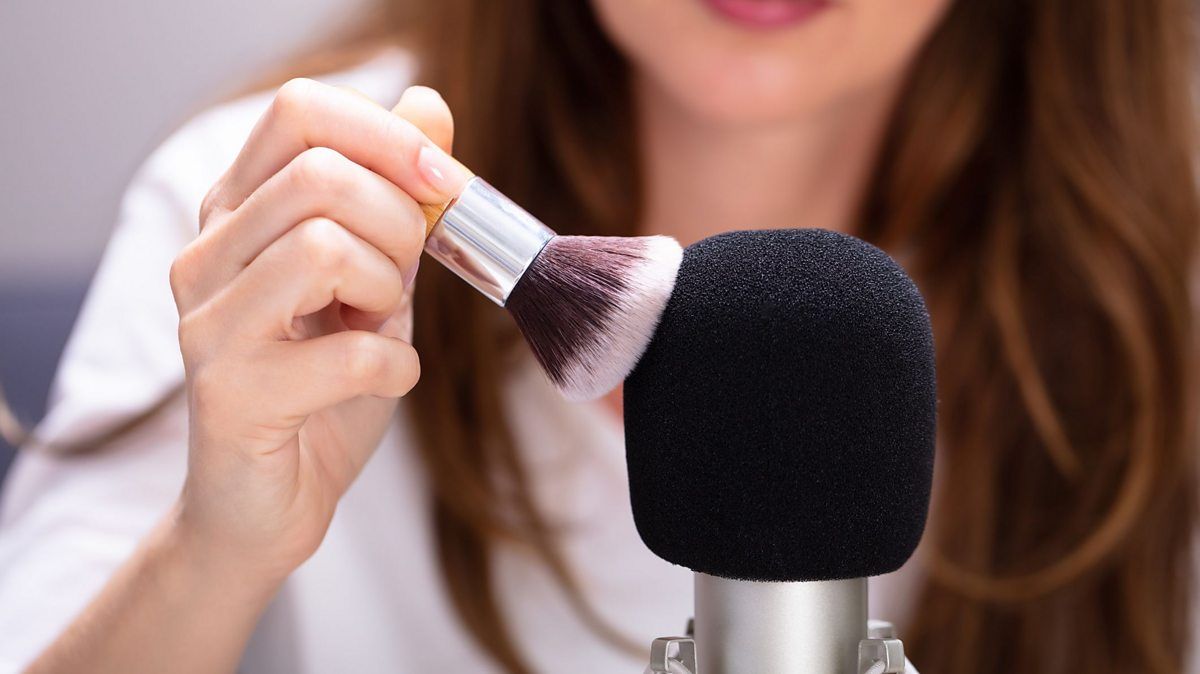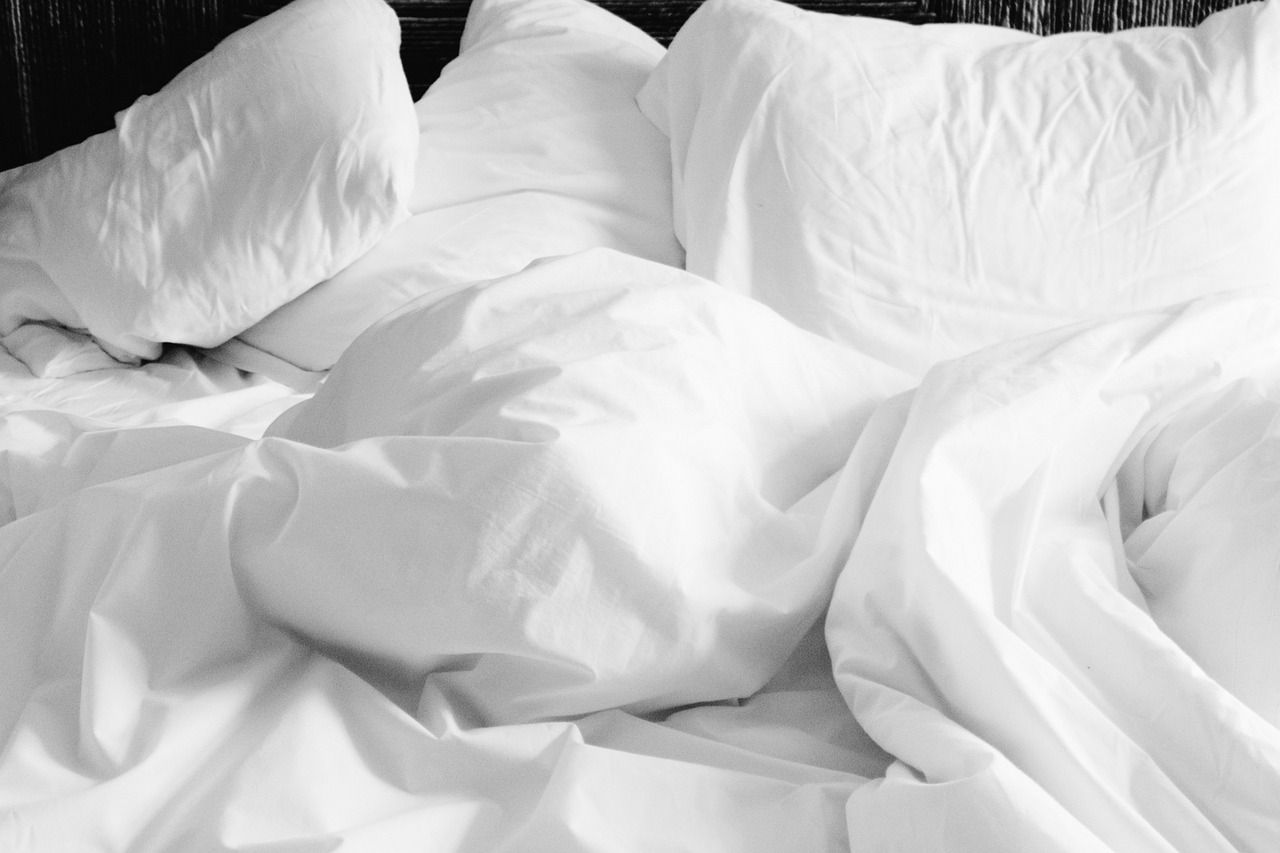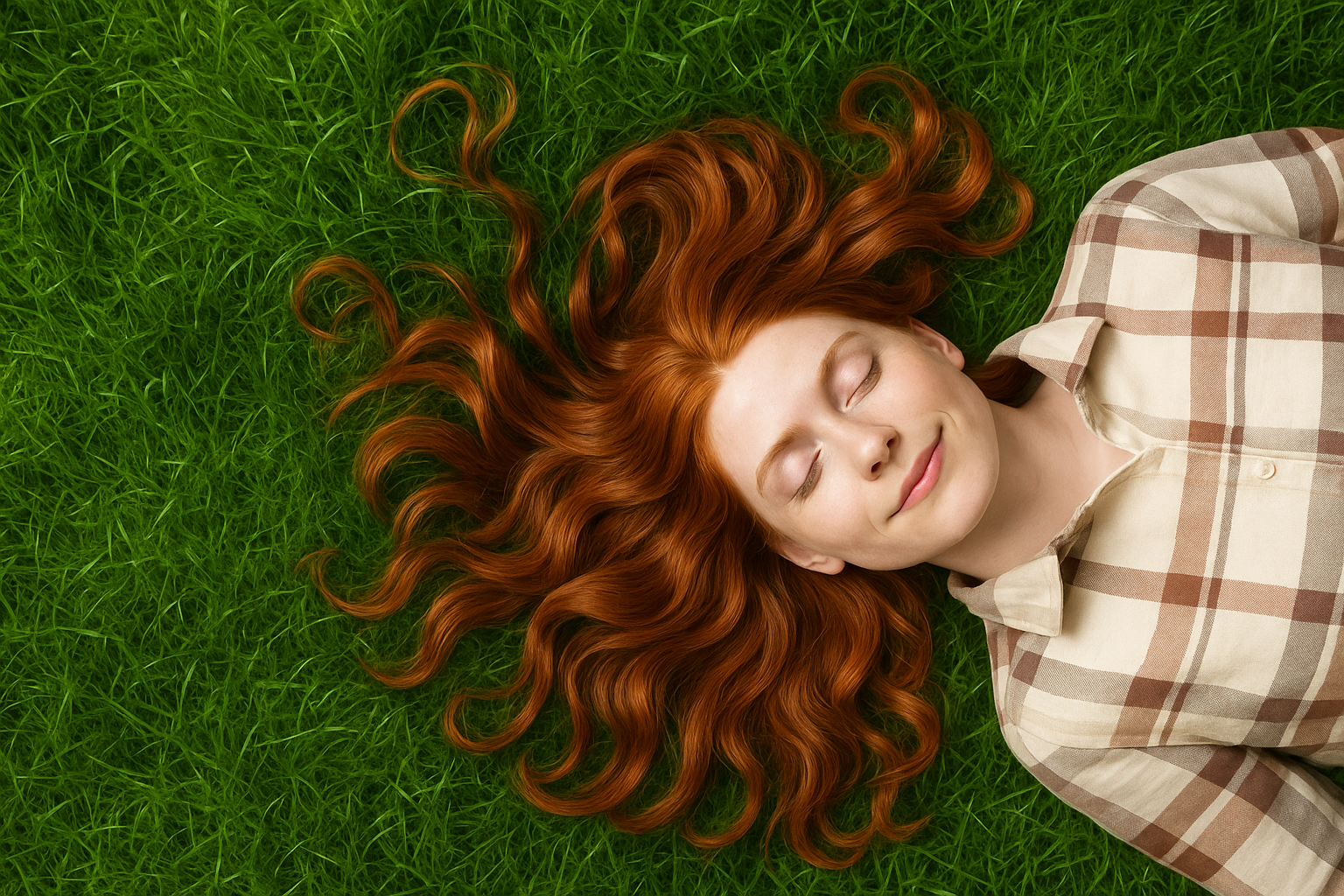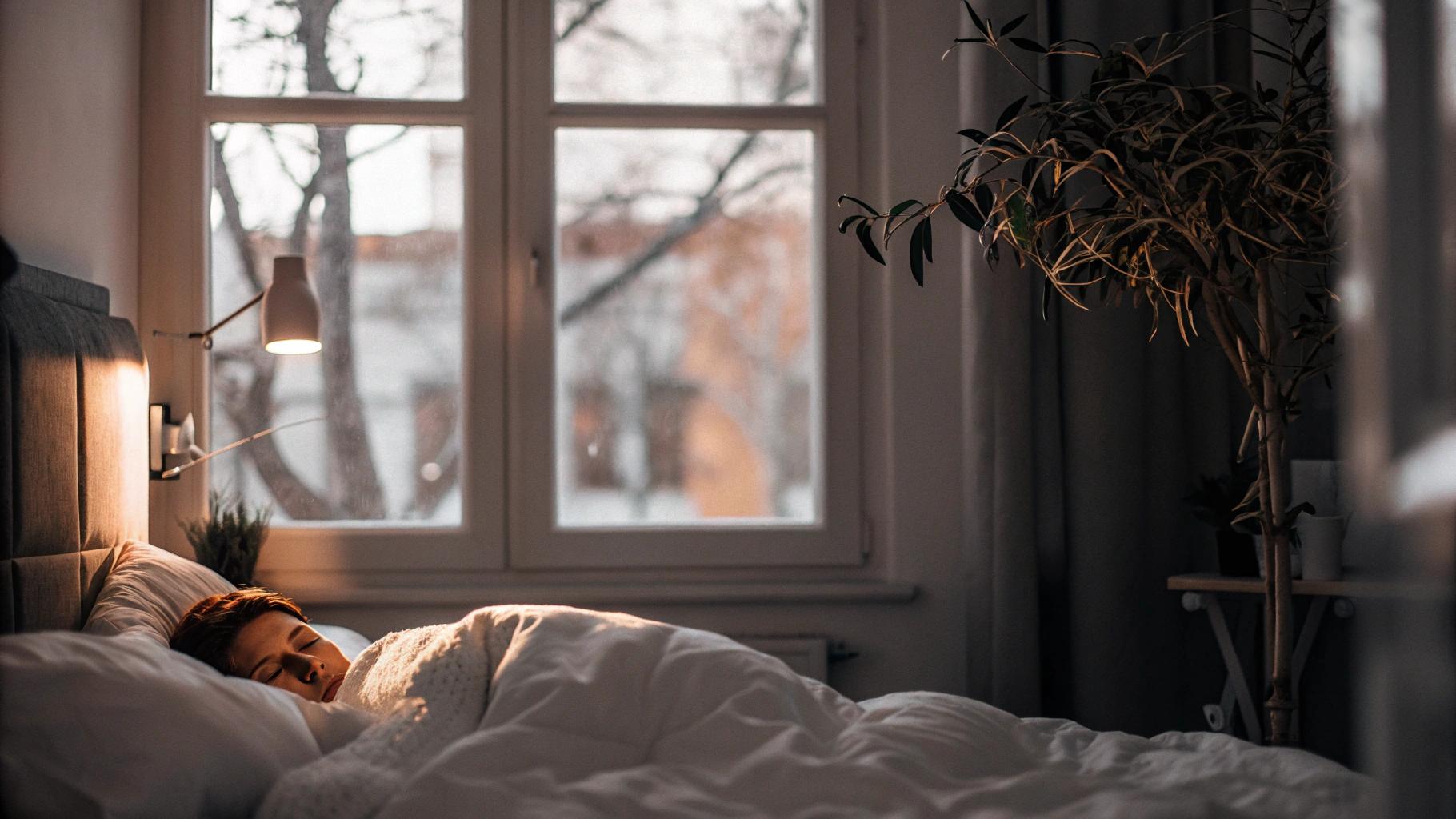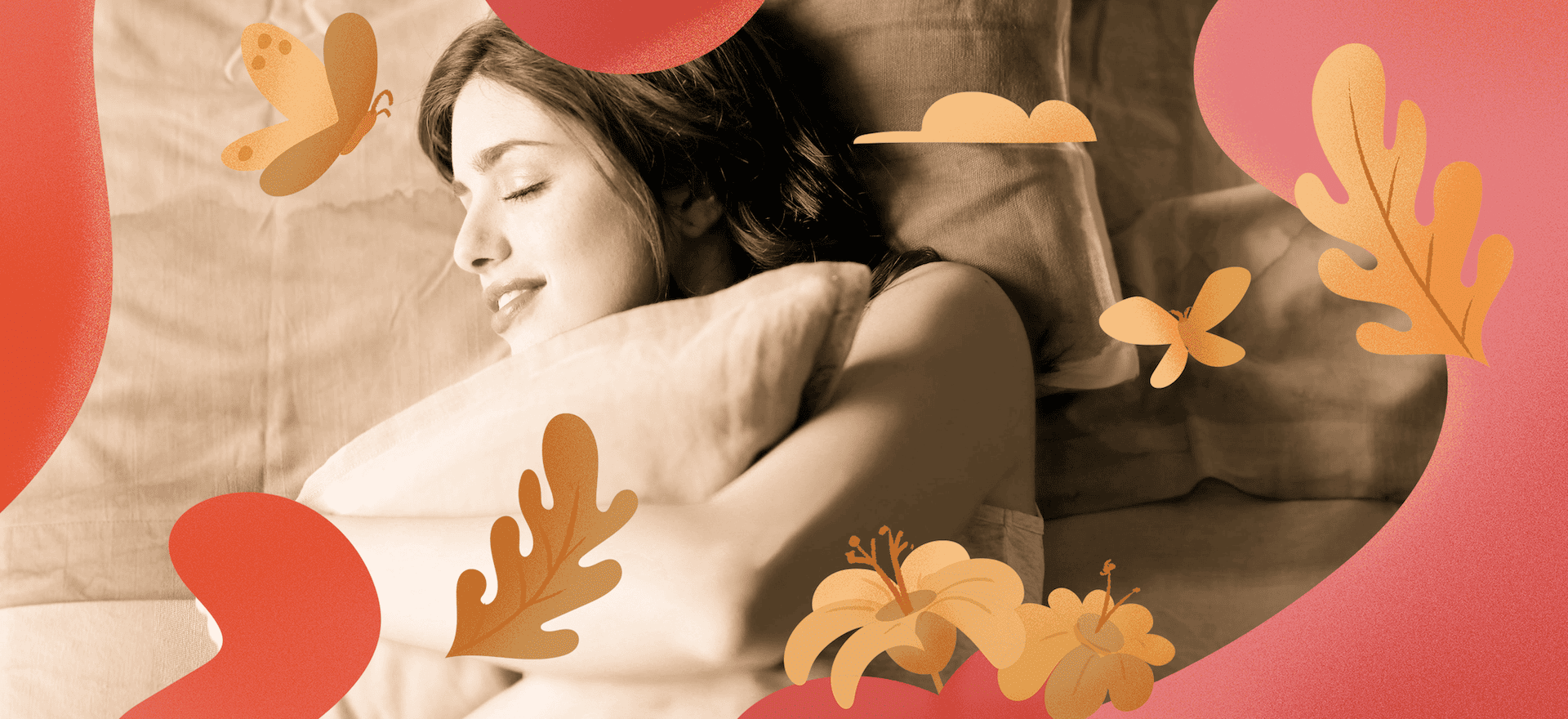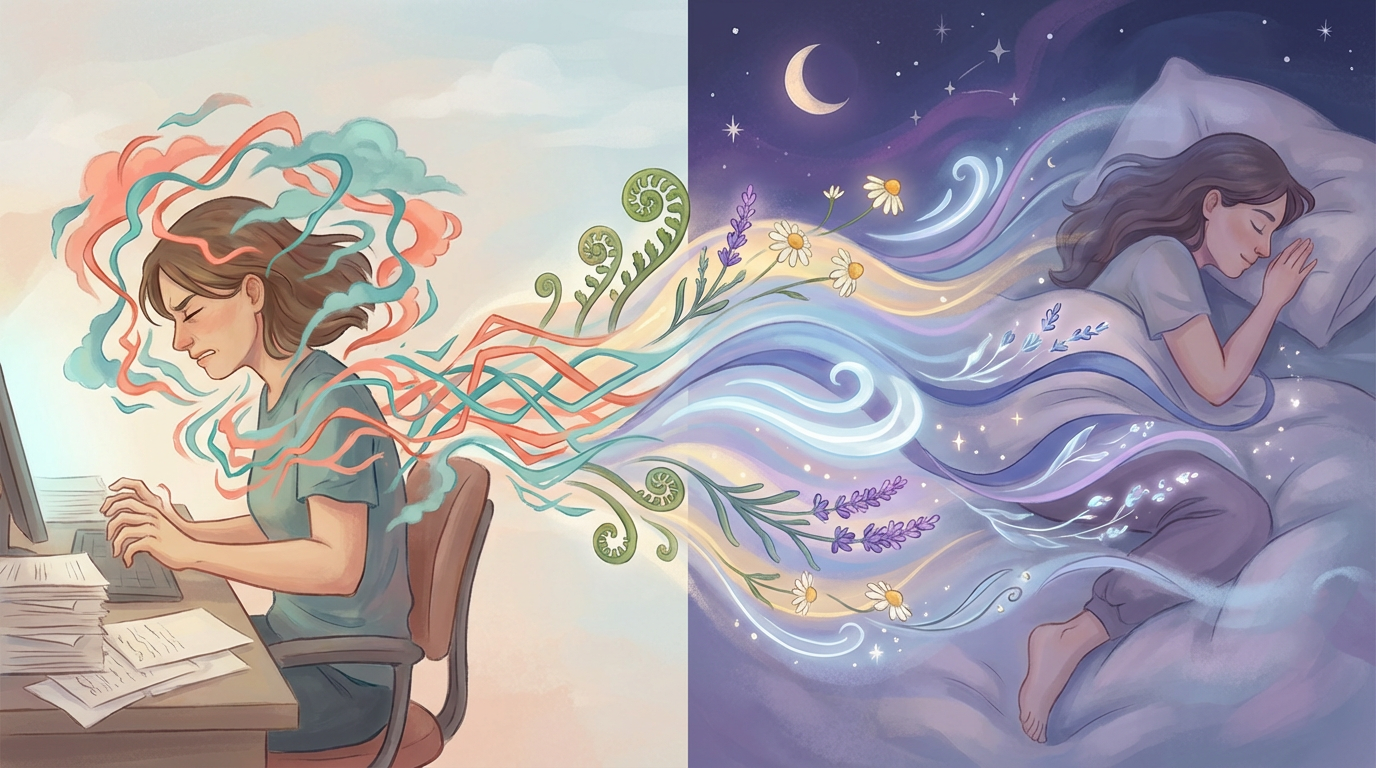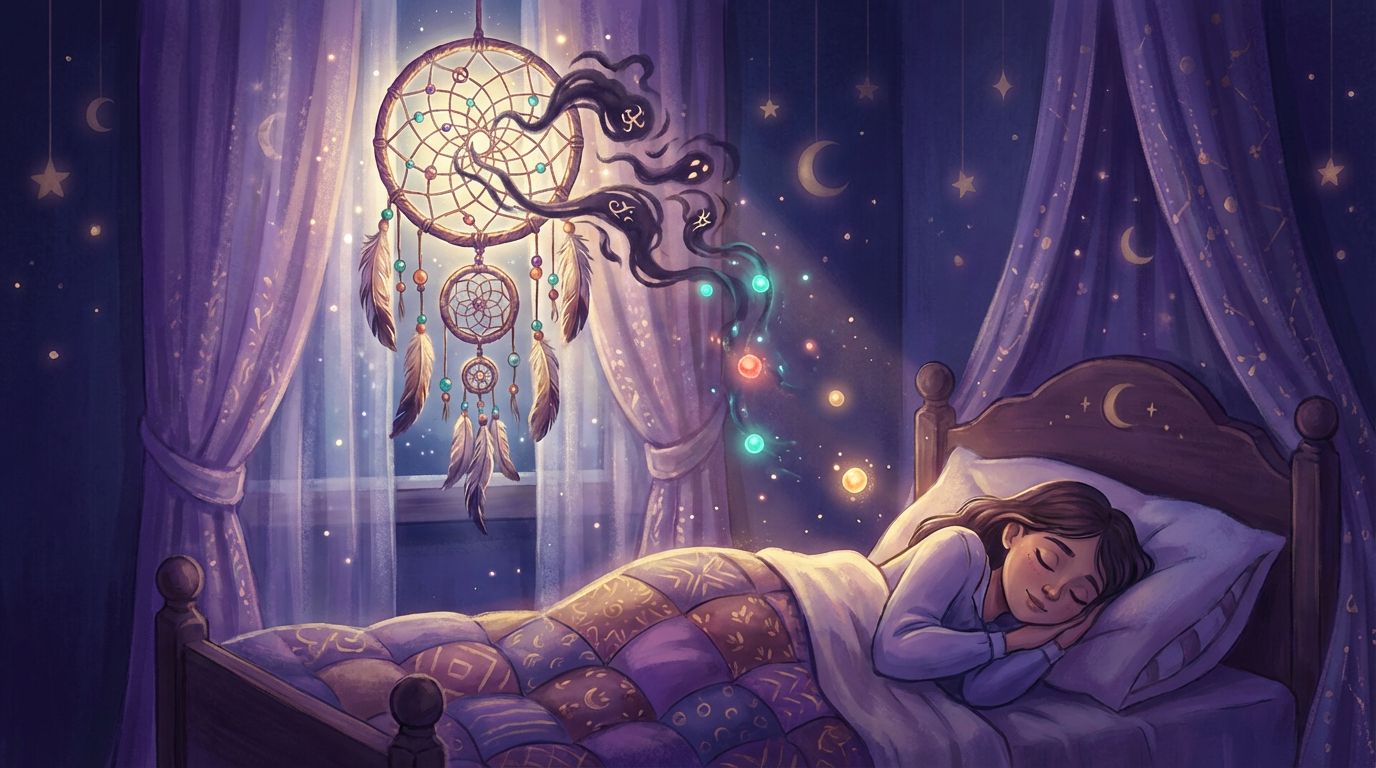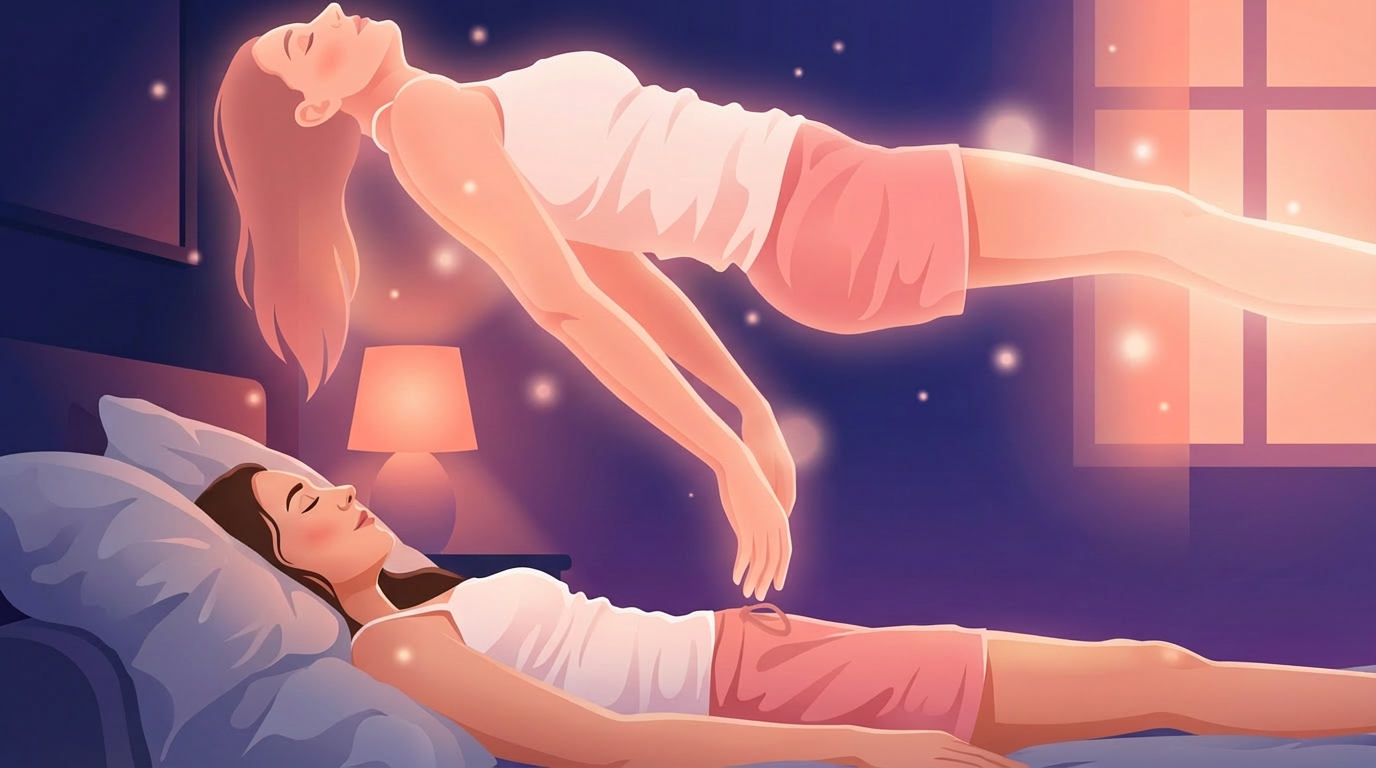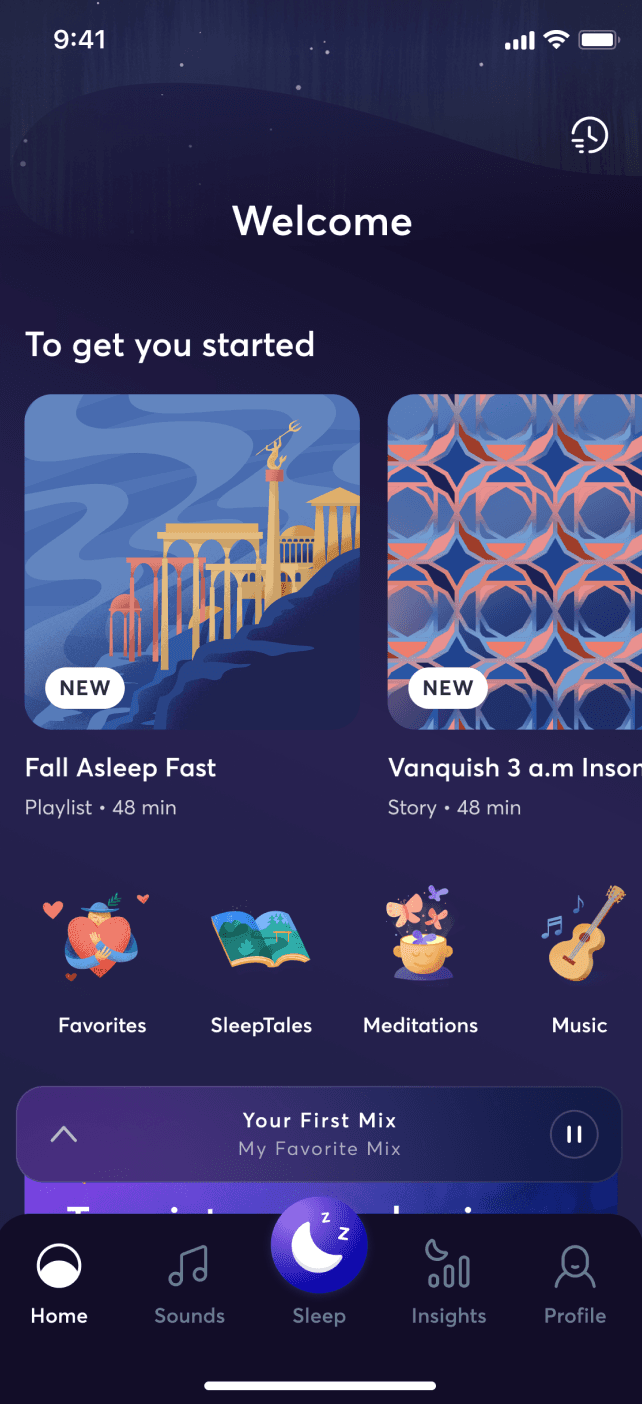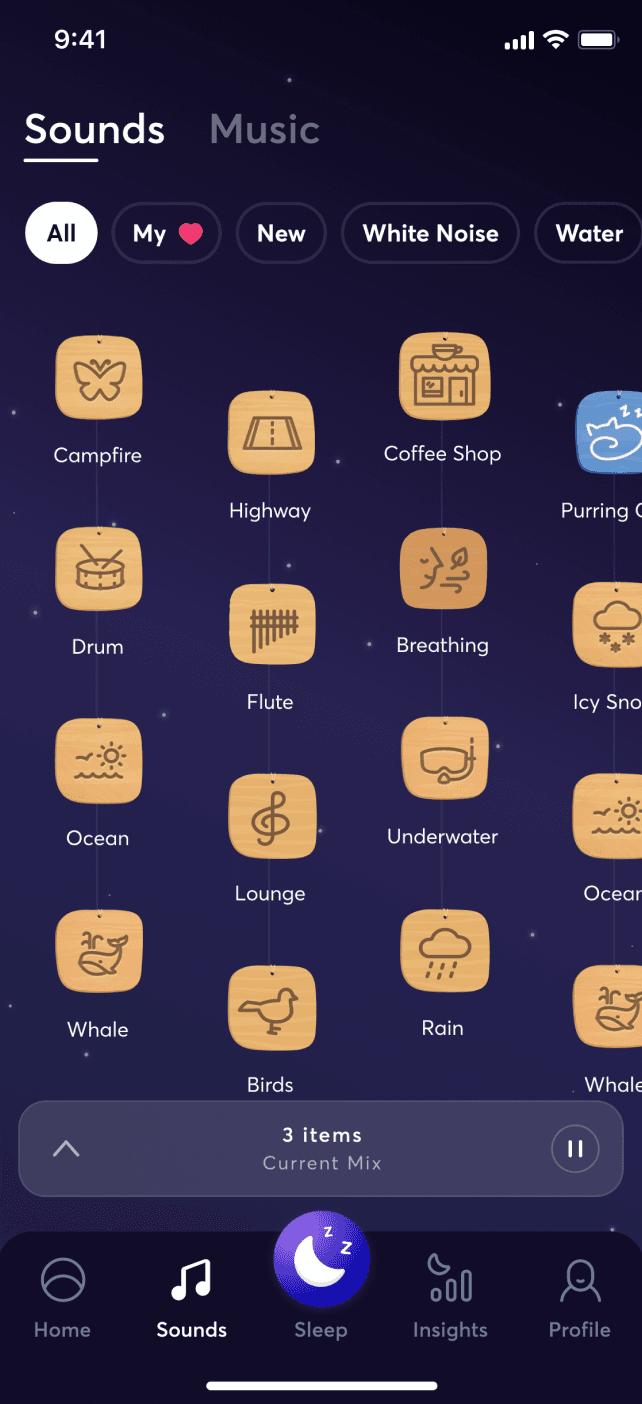
Chronotypes: Rabbit
At one point, you've probably been asked: Are you a morning or night person? Your answer to this question gives insight into your chronotype or your body's sleep/wake cycle.
Most people fall somewhere in the middle of the spectrum, but there are morning people and night owls. And then there are those rare few who fall way out on either end.
Rabbits are one of those rare few. If you're a rabbit, you wake up early and go to bed early. You're usually up with the sun and ready for bed long before most people even start thinking about it.
What are some signs you could be a Rabbit chronotype? How important is it to leverage this information into your routine? We’ll cover everything you need to know about the Rabbit and other chronotypes.
Chronotypes: A History
Chronobiology, the study of natural circadian rhythms, has been around for centuries. But it wasn’t until the late 20th century that chronotypes were first identified.
The Handbook of Sleep Research details the history of chronotypes. In 1976, Horne and Östberg created the Morningness-Eveningness Questionnaire (MEQ) better to understand an individual’s natural sleep/wake cycle.
The MEQ asks people whether they would prefer a later bedtime or an earlier waketime if they did not have any scheduled tasks. It also determines how alert they are when they wake up.
Meanwhile, the Munich Chronotype Questionnaire (MCTQ) was published in 2003 and evaluates chronotype based on the actual sleep-wake time of participants rather than their preferred times.
The Differences Between a Chronotype and Our Circadian Rhythm
Knowing and understanding your chronotype may be the best thing you can do for your sleep schedule. It allows you to maximize your energy levels, routine and more.
The key differentiator between your chronotype and your circadian rhythm is the fact that there’s the potential to train your circadian rhythm to fit your lifestyle needs. Your chronotype can’t be trained; it exists permanently.
We can train our circadian rhythm by following a strict schedule. You might experience this through your habits with work and school.
You probably go to sleep at a certain time and wake up at a certain time every day; this would be considered training your circadian rhythm.
However, despite this change, your sleep chronotype will remain the same. This means you’ll still experience peak focus and energy levels at a certain time in the day, and you’ll also experience a slump in energy around the same time every day.
How to Determine Your Chronotype
You can use a variety of different methods to determine your chronotype. The best way to figure your chronotype out is to think of a day that’s completely free of responsibility and plans and ask yourself:
- When do I naturally wake up? When do I naturally go to bed?
- Do you find yourself waking up without an alarm clock? Do you find yourself getting sleepy around the same time every night?
If you answered yes to both of these questions, you’re probably a morning person. You're probably an evening person if you answered no to both of these questions.
The reality, however, can be much more complex. Some people find it difficult to determine their natural sleep/wake cycle or sleep patterns. And then there are who have a hard time sticking to a strict sleep schedule. In these cases, taking a chronotype quiz or sleep diary may be helpful.
The Main Chronotypes
Before we discuss the rabbit chronotype, let’s go over the four main types of chronotypes:
Chickadees are the quintessential morning people.
"The early bird gets the worm" is a popular expression. It's often true for Chickadee types. They get up early and find it difficult to stay up late. Chickadees are also the most productive in the morning, although their productivity decreases throughout the day. If you're a Chickadee chronotype, you're probably used to being the first one in at work and the last one to leave.
Chipmunks & Rabbits are somewhere in the middle.
Chipmunks & Rabbits are not exactly morning people, but they’re also not night owls. These chronotypes have a moderate sleep schedule, and their energy levels remain consistent throughout the day. Chipmunks tend to lean more towards being a morning person and Rabbits lean more towards the evening.
Chipmunks & Rabbits chronotypes probably have no problem getting out of bed for work or school, but you also don’t mind staying up late to watch a movie or get some extra work done.
Foxes are the opposite of Chickadees.
They’re night people who have difficulty waking up in the morning. The Fox chronotype often finds themselves up late working or studying, and they’re the most productive in the evening.
If you’re a Fox, you might find yourself working better under pressure, and having difficulty getting out of bed in the morning.
Owls are similar to Foxes in that they’re also night people.
However, Owls have a hard time sleeping through the night and often wake up in the early hours of the morning.
If you’re an Owl, you may have trouble falling asleep, and wake up multiple times throughout the night. You might also find yourself feeling groggy in the morning.
Other Chronotypes
Apart from these four main chronotypes, people may identify with a few other sleep patterns. These sleep patterns, from the chickadee to the rabbit, are not as common as the four main types, but they’re still worth mentioning.
For now, let’s focus on the rabbit chronotype.
What is the Rabbit Chronotype?
A Rabbit chronotype is an early riser. They’re usually most productive in the daylight hours, between the hours of sunrise and sunset. The times when they sleep and rise tend to follow the sun. This means they’re most likely to fit into any regular work schedule and routine quite well.
This is based on the idea that we are more in sync with the natural light cycles when we rise and sleep with the sun. Like actual rabbits, people with this sleep chronotype are known to be alert, active, and energetic in the morning.
While Rabbits are early risers, they’re not necessarily morning people. This means they don’t necessarily enjoy getting up early but find that they’re more productive when the sun is up.
Are You a Rabbit Chronotype?
If you’re not sure if you’re a Rabbit, here are some signs that you might be:
You Have No Problem Getting Out of Bed in the Morning
Most people with the Rabbit chronotype have no problem getting out of bed in the morning, even if they don’t enjoy it. Their body is naturally attuned to the light cycles.
You Find it Easy to Stick to a Regular Sleep Schedule
A regular sleep schedule is important for Rabbits because they need to be well-rested in order to be productive.
You’re Not a Morning Person, But You do Enjoy the Daytime
Just because you’re a Rabbit doesn’t mean you have to be a morning person. In fact, many Rabbits find that they’re not particularly fond of mornings. However, they do enjoy the daytime because that’s when they are able to be the most productive.
If you identify with any of these signs, you might be a Rabbit.
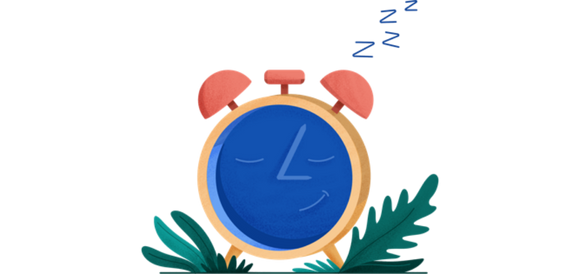

Getting Better Sleep as a Rabbit
If you’re a Rabbit, there are a few things you can do to make sure you’re getting the best possible sleep quality.
Stick to a Consistent Schedule
When Rabbits stick to a consistent sleep schedule, they’re able to get the best possible sleep. Rabbits are naturally attuned to the light cycles, so it’s important for them to stick to a schedule that works with their natural rhythms. For example, if you know you need to be up at 7 am for work, make sure you’re going to bed reasonably so you can get enough sleep.
Get Enough Exposure to Sunlight
Rabbits need to get enough exposure to sunlight during the day to regulate their sleep cycles. This means spending time outside, near windows, or under artificial light. You can also try using a light therapy box for 30 minutes daily.
Avoid Working Late at Night
Rabbits are most productive during daylight hours, so it’s important for them to avoid working late at night. When this happens, it can disrupt their natural sleep cycles and make it harder for them to get a good night's sleep.
Take a Nap, But Not Too Late in the Day
If you find yourself feeling, it’s ok to take a quick early afternoon nap. However, make sure you don’t nap too late in the day, or it might make it harder for you to fall asleep at night.
Have I Disrupted My Sleep Cycles?
If you find that you’re having trouble sleeping, it might be because you’ve disrupted your natural sleep cycles. This can happen if you’ve been working late hours, traveling across time zones, or dealing with stress. If you think you might have disrupted your sleep cycle, there are a few things you can do to get back on track:
Prepare for Bedtime:
Start winding down for bed about an hour before you want to go to sleep. This means turning off electronics, reading a book, or taking a bath.
Create a Sleep Routine:
You're a Rabbit, so your schedule is important to you. Try going to bed at the same time each night and waking up at the same time each morning. This will help you get into a regular sleep cycle.
Get Exposure to Sunlight:
As mentioned above, sunlight helps Rabbits regulate their sleep cycles. Make sure you’re getting enough exposure to sunlight during the day, either by spending time outside or near windows. When outdoors, try to avoid wearing sunglasses so that the light can reach your eyes directly.
Exercise During the Day:
Rabbits are known for their energy and productivity, so it’s important for them to get enough exercise during the day. Exercise can help you sleep better at night by making you tired and helping to regulate your sleep cycle.
Avoid Caffeine Late in the Day:
Caffeine can stay in your system for up to 8 hours, so it’s important to avoid it late in the day. If you need a pick-me-up, try drinking herbal tea or taking a short walk.
If you’re still having trouble sleeping, it might be time to see a doctor. Sleep disorders are relatively common, so there’s a good chance that your doctor will be able to help you find a solution.
Getting Good Sleep
If you still find that you're not getting good sleep, there are a few things you can do to improve the quality of your sleep.
- Make sure that you're following the tips for Rabbits. This means sticking to a consistent sleep schedule, getting enough exposure to sunlight, and avoiding working late at night.
- Try to create a relaxing sleep environment. This means making sure your bedroom is dark, quiet, and cool. You might also want to try using a white noise machine or earplugs to block out outside noise. BetterSleep features a wide variety of white noise sounds to help you sleep better.
- Try meditating or doing some light stretching before bed. This can help to relax your mind and body, making it easier for you to fall asleep. Some guided meditations are specifically designed for sleep. You can also download BetterSleep to get access to a library of sleep meditation tracks.
- A doctor or sleep specialist can also help you if you're still having trouble sleeping. They can offer advice on improving your sleep habits and diagnosing any underlying sleep disorders. If you think you might need to see a sleep specialist, talk to your doctor about getting a referral.
Final Thoughts
Understanding chronotypes can help you identify your natural sleep/wake patterns and how to best take advantage of them. You can use this information to create a sleep schedule that works for you and helps you get the most out of your day.
However, it's important to remember that chronotypes are only a general guide. Everyone is different, so you might find that you don't fit perfectly into any one category. That's okay! Just use the information as a starting point and adjust as needed. The most important thing is to find what works for you and stick to it.
A doctor or sleep specialist can also help you if you're still having trouble sleeping or lack quality sleep. They can offer advice on improving your sleep habits and diagnosing any underlying sleep disorders. If you think you might need to see a sleep specialist, talk to your doctor about getting a referral.

